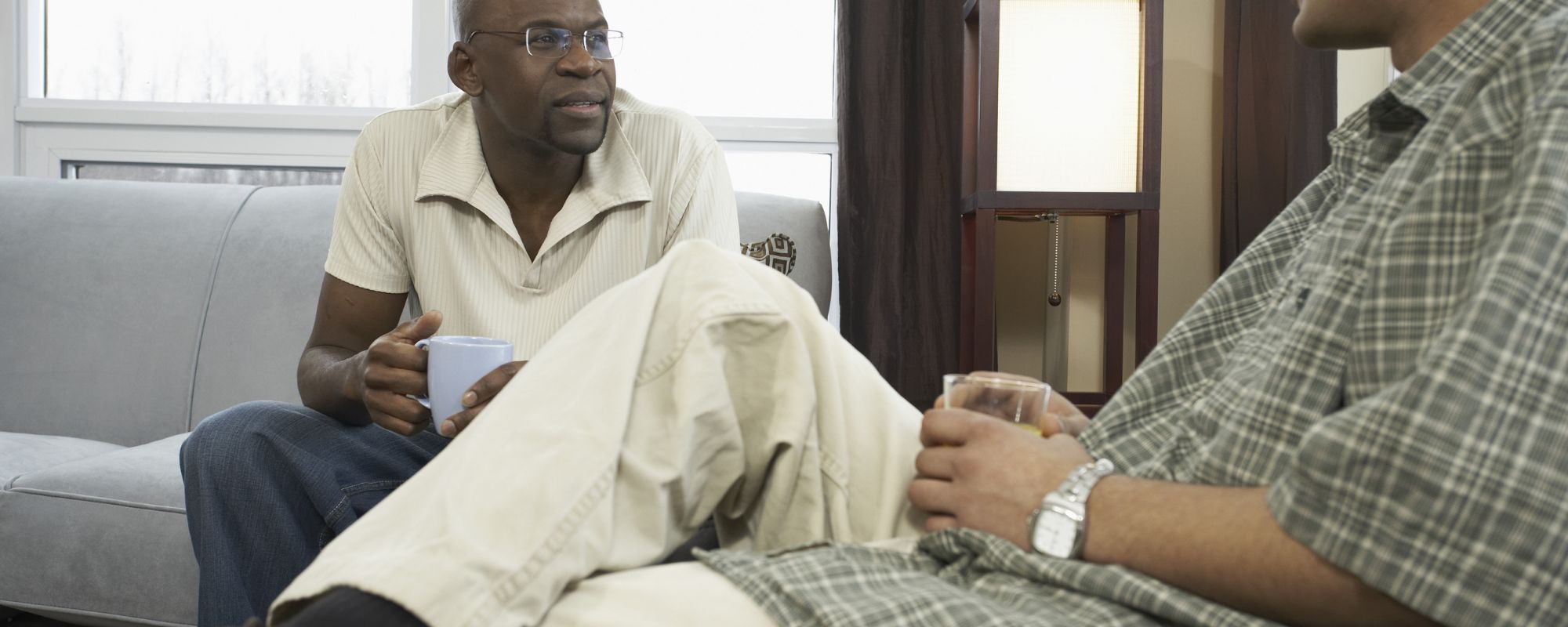Pure O, short for Purely Obsessional OCD, is a popular subject online, said to be a form of obsessive-compulsive disorder that centers around intrusive thoughts rather than visible compulsive behaviors. While not officially recognized as a separate diagnosis in the DSM-5, Pure O has gained attention for the intense mental distress it causes, especially around taboo or anxiety-inducing topics. Even if not yet an official diagnosis, it is still real to those who believe they have it.
Understanding Pure O (Purely Obsessional OCD)
Pure O is short for Purely Obsessional OCD, a theorized form of the disorder that is increasingly popular online. The idea is individuals with the condition suffer from intrusive and unwanted thoughts, without the obsessive behaviors that accompany more typical forms of OCD. It’s essentially Obsessive-compulsive disorder without rituals. It’s important to note that Pure O OCD is not technically a medical term at this time.
As mentioned before, Pure O heavily centers around intrusive thoughts, often concerning taboo or distressing themes, such as harming others or existential fears. People with Pure O may spend hours stuck ruminating over these compulsive thoughts, desperately trying to reassure themselves or find certainty.
What are Pure O Compulsions?
Although Pure O is often described as having “no compulsions,” this is a misconception. The compulsions in Pure O are typically mental and internal, rather than outward behaviors.
These may include:
- Mental reviewing or analyzing past events to gain certainty
- Silent reassurance-seeking, such as repeating phrases or prayers
- Checking feelings to confirm whether an intrusive thought aligns with one’s identity
- Avoidance of people, places, or topics that might trigger obsessions
- Thought neutralization, like mentally “canceling out” a bad thought with a good one
These compulsions serve the same purpose as more visible OCD behaviors: they are attempts to reduce distress caused by intrusive thoughts.
What are Pure O OCD Symptoms?
Like with regular OCD, Pure O symptoms center on persistent, unwanted thoughts that trigger deep anxiety or shame.
Common symptoms include:
- Disturbing intrusive thoughts, often about taboo subjects (e.g., harming others, sexual identity, religious blasphemy)
- Excessive rumination on “What if” scenarios
- Hyper-awareness of one’s own thoughts, sensations, or morality
- Chronic doubt and need for certainty
- Mental exhaustion from constantly monitoring thoughts or running mental loops
Despite their intensity, people with Pure O typically do not act on these thoughts and are often distressed precisely because the thoughts conflict with their core values.
Get confidential help from our addiction treatment specialists in Orange County. Call to join our rehab program today!
Call 866-881-1184How Common is Pure O OCD?
It’s hard to say since the consensus in the medical literature is that Pure O OCD does not, strictly speaking, exist. However, one study on Pure O found that 96% of adults with OCD suffered both obsessions and compulsions, whereas 2% suffered predominantly obsessions.
From there we can apply some simple math to arrive at a preliminary number for Pure O sufferers:
- The US population as of 2024 stands at just over 340 million.
- According to the National Institute of Mental Health, roughly 1.2% of US adults had OCD in the past year.
- 1.2% of 340 million is 4,080,000; just over four million
Applying the earlier two percent figure to the number of people diagnosed with OCD, we arrive at 81,600 people who may be described as Pure O OCD.
What Causes Pure O?
Whether you call it Pure O OCD or just OCD, the exact cause of the disorder is not fully understood, but like other forms of OCD, it likely results from a combination of genetic, neurological, psychological, and environmental factors. People with a family history of OCD or anxiety disorders may be more genetically predisposed. Brain-imaging studies of OCD also suggest that differences in how the brain processes error detection and fear can contribute to obsessive thinking.
An interesting 1998 study of children with OCD found a certain subgroup had abnormal basal ganglia development. The basal ganglia is a cluster of nuclei in the brain associated with feelings of reward and cognition. It’s also involved in motor control.
To make things more intriguing, the study theorized that this abnormality may have been triggered by infection, perhaps strep throat. Essentially, the body produces antibodies in response to bacterial infection, and the study proposed that these antibodies might in some way be linked to a condition called PANDAS. PANDAS is an acronym that stands for Paediatric Autoimmune Neuropsychiatric Disorders associated with Streptococcal Infection.
Looking for quality substance abuse treatment that’s also affordable? South Coast accepts most major insurance providers. Get a free insurance benefits check now.
Check Your CoverageHow to Treat Pure O
Effective treatment for Pure O typically includes a combination of psychotherapy and medication. The gold standard for talk therapy for OCD is Cognitive Behavioral Therapy (CBT) with a specific focus on Exposure and Response Prevention (ERP). In ERP, individuals are gradually exposed to triggering thoughts or situations without engaging in their usual mental compulsions, helping to reduce anxiety over time and break the obsession-compulsion cycle. A clinical trial of CBT for OCD from 2023 found that it was effective at reducing symptoms.
Other helpful interventions include Acceptance and Commitment Therapy (ACT) and Mindfulness-Based Cognitive Therapy (MBCT), which help patients accept their thoughts without judgment and reduce compulsive responses. Therapies like this can be found at a drug and alcohol rehab in Orange County.
Medication, particularly Selective Serotonin Reuptake Inhibitors (SSRIs) like fluoxetine or sertraline, can also be effective in reducing symptoms for many people. For severe cases, combination therapy is often the most successful.
Can Pure O be Cured?
While there is no definitive “cure” for OCD, including Pure O, the condition can be effectively managed. With consistent treatment—especially ERP and, when appropriate, medication—many people see dramatic improvement in their symptoms and quality of life.
Some individuals may experience periods of remission, while others learn to live with intrusive thoughts without being overwhelmed by them. The goal of treatment is not to eliminate intrusive thoughts entirely (which is impossible), but to change your relationship to them—to stop fearing them, engaging with them, or letting them control your behavior.
With the right support, people with Pure O can absolutely thrive.
Treatment for Pure O at South Coast Behavioral Health
Although Pure O can be a deeply isolating and exhausting experience, it is both treatable and manageable with the right therapeutic tools. Cognitive Behavioral Therapy, especially when paired with Exposure and Response Prevention, has been shown to significantly reduce symptoms. With proper care—whether through therapy, medication, or a combination—many people with Pure O go on to live healthy, fulfilling lives.
If you or someone you love struggles with obsessive thoughts, seeking treatment is the first step toward regaining peace of mind. You are not alone, and help is available. Reach out to South Coast Behavioral Health for mental health treatment in Oklahoma City.





